Canadian producers are promoting tree sap, known as maple water, as a potential global soft drink alternative. This initiative aims to capitalize on the growing interest in natural beverages, with producers in Quebec leading the charge as of February 24, 2025.
- Maple water is a growing beverage trend.
- Canada produces over 80% of maple syrup.
- Maple water contains 2% natural sugars.
- Health benefits linked to antioxidants in sap.
- Marketing and pricing are challenges for growth.
- Sparkling versions may attract more consumers.
Maple water, the clear sap from maple trees, contains about 2% natural sugars and is gaining traction as a refreshing beverage. Unlike the well-known maple syrup, which is produced by boiling sap, maple water is filtered and pasteurized for safe consumption. Producers like Maple3 in Quebec are pioneering this market, having doubled their profits since 2021 and expanding sales to 12 countries, including France and Japan.
Market forecasts indicate that global sales of maple water could reach $506 million in 2024, with expectations to grow to $2.6 billion by 2033. In contrast, coconut water sales were approximately $7.7 billion in 2023, highlighting the competitive landscape. Key statistics include:
- Canada produces over 80% of the world’s maple syrup.
- Maple3 reports 75% of its sales come from international markets.
- Health experts suggest maple water’s antioxidants could aid hydration and recovery.
Despite the optimism, industry experts like Jeremy Kinsella emphasize that for maple water to achieve mainstream success, it requires significant marketing and support from larger beverage companies. Currently, the higher price point compared to traditional soft drinks may deter consumers. Innovations, such as flavored and carbonated versions, are seen as potential strategies to attract a broader audience.
In summary, while the maple water market is still developing, its potential for growth is significant. With increasing awareness and innovative marketing strategies, Canadian producers aim to position maple water as a viable competitor in the global beverage market.



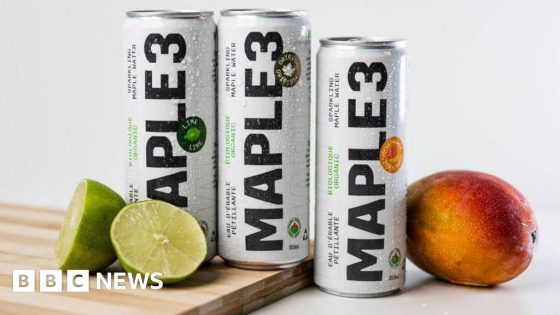

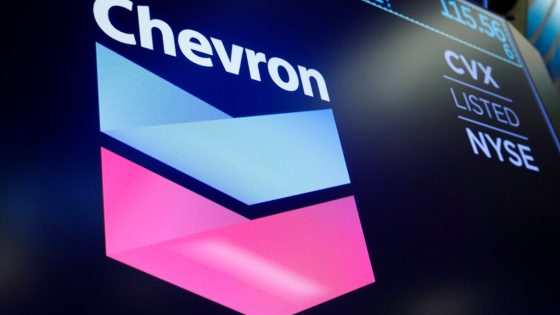



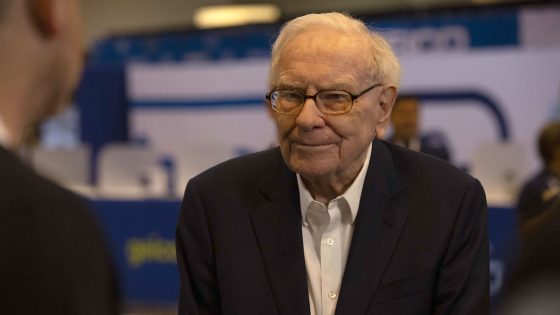

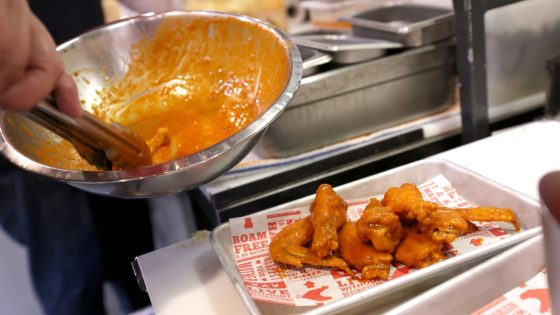

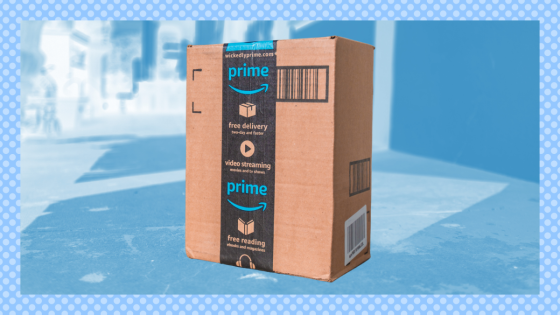















![Binance Coin [BNB] Price Surge Ahead: Crucial Levels to Monitor Amid Market Shifts](https://news.faharas.net/wp-content/uploads/2025/02/Binance-Coin-BNB-Price-Surge-Ahead-Crucial-Levels-to-Monitor.webp.webp)


